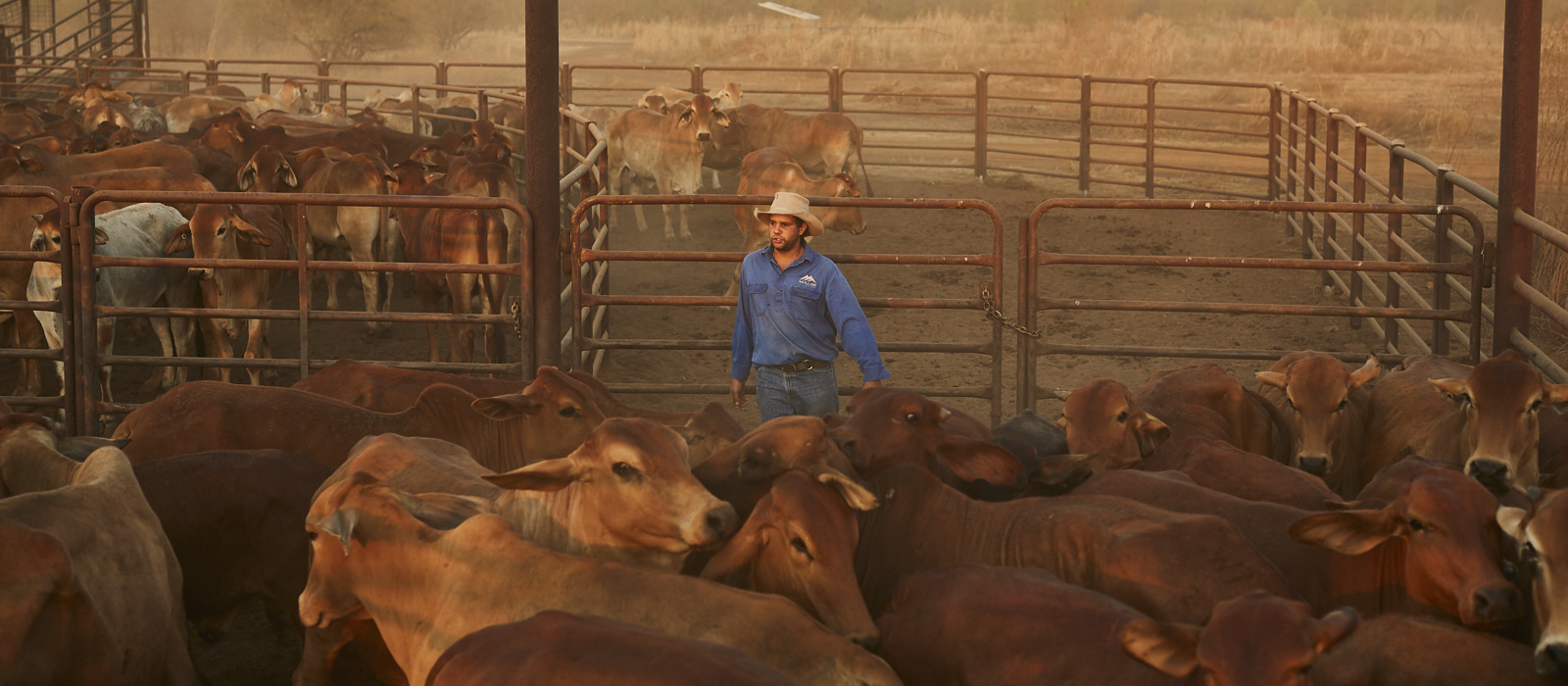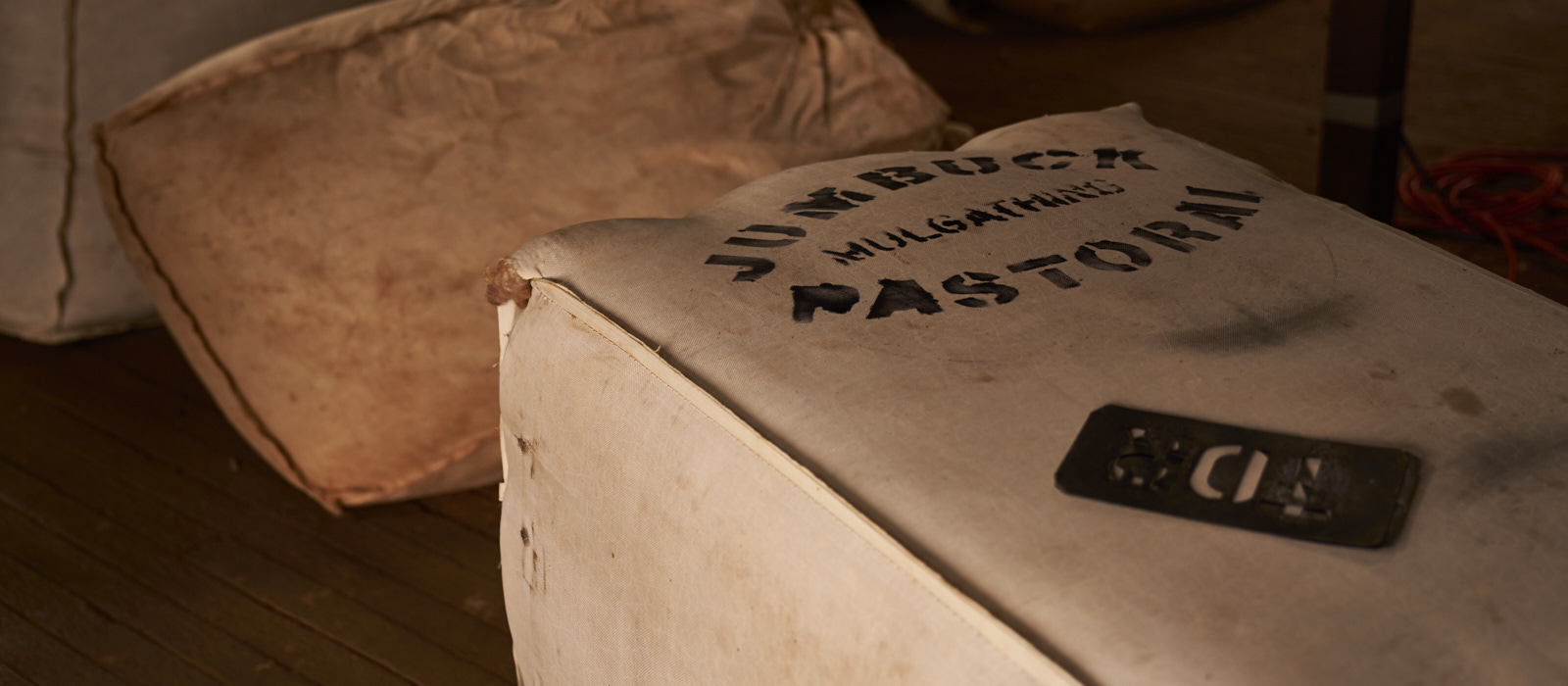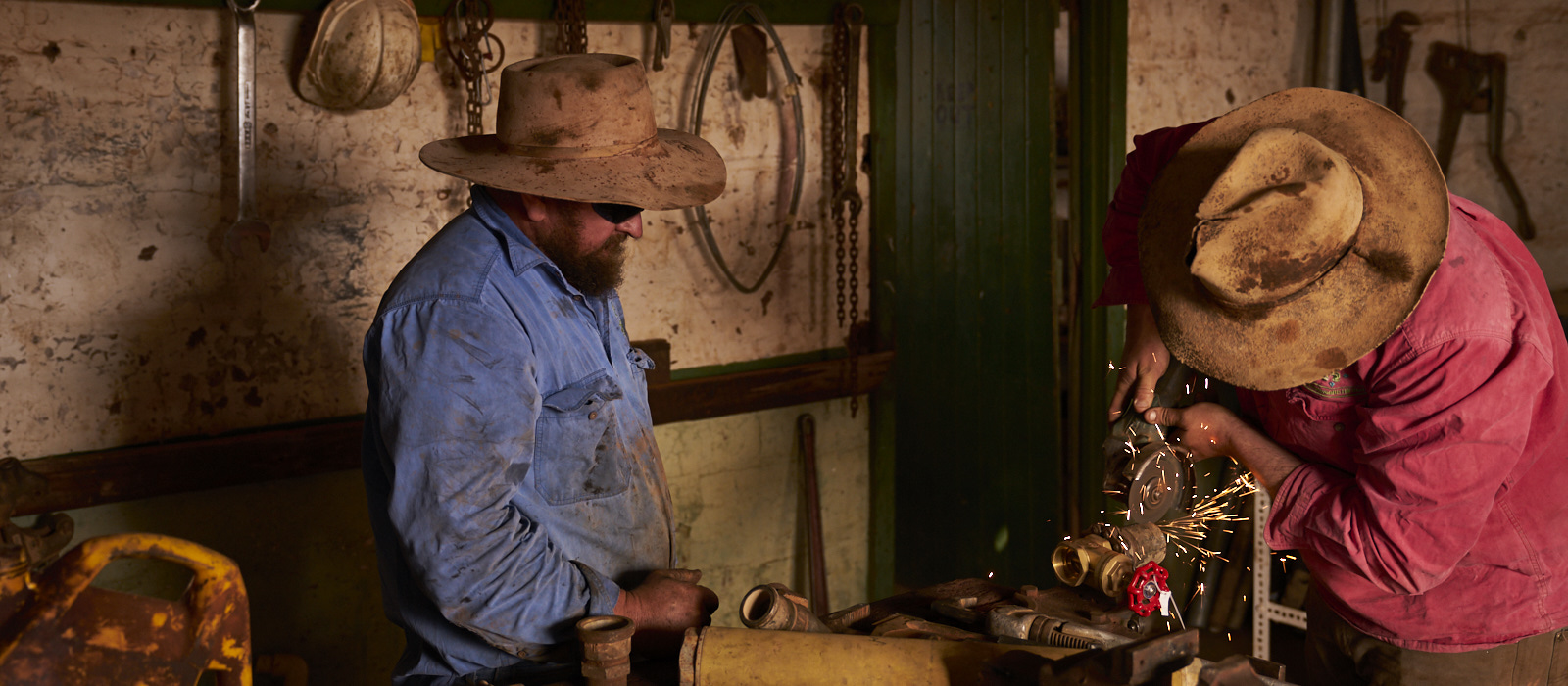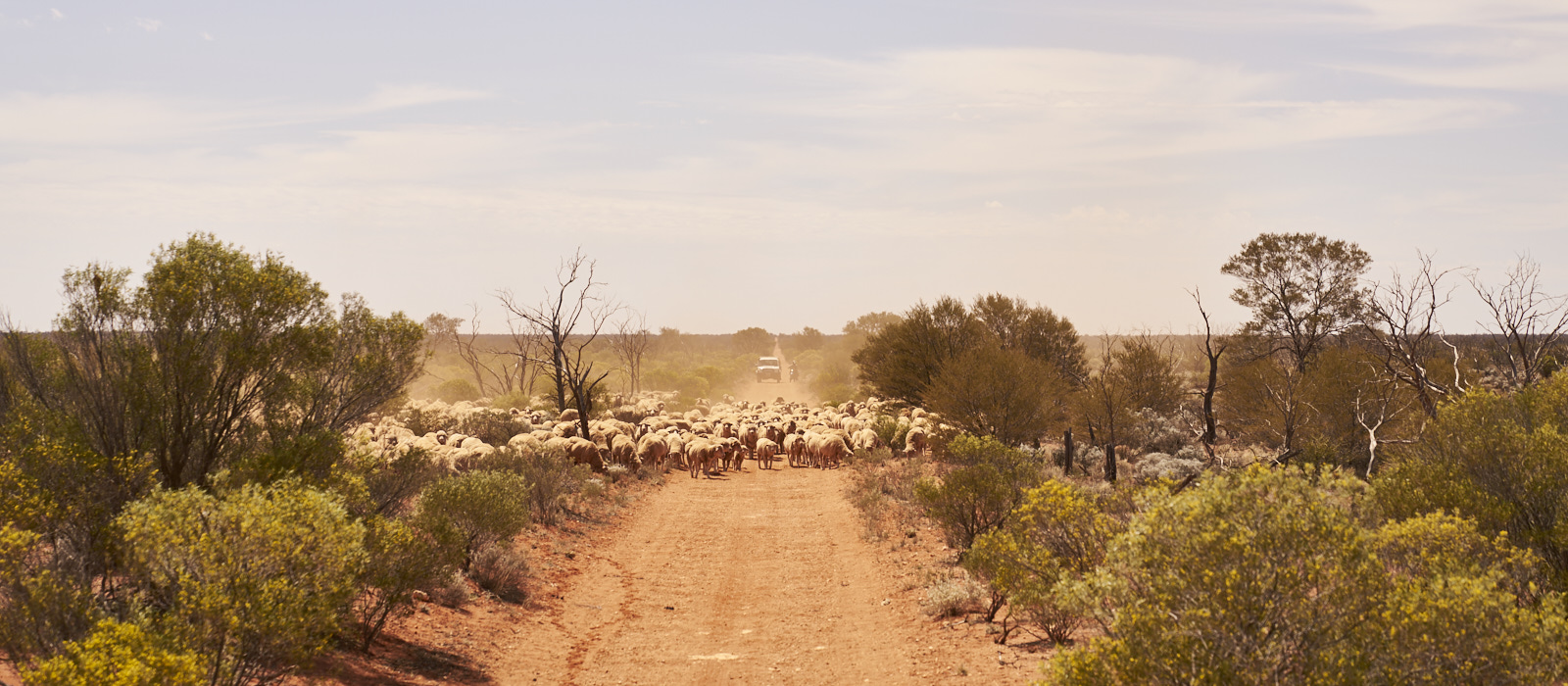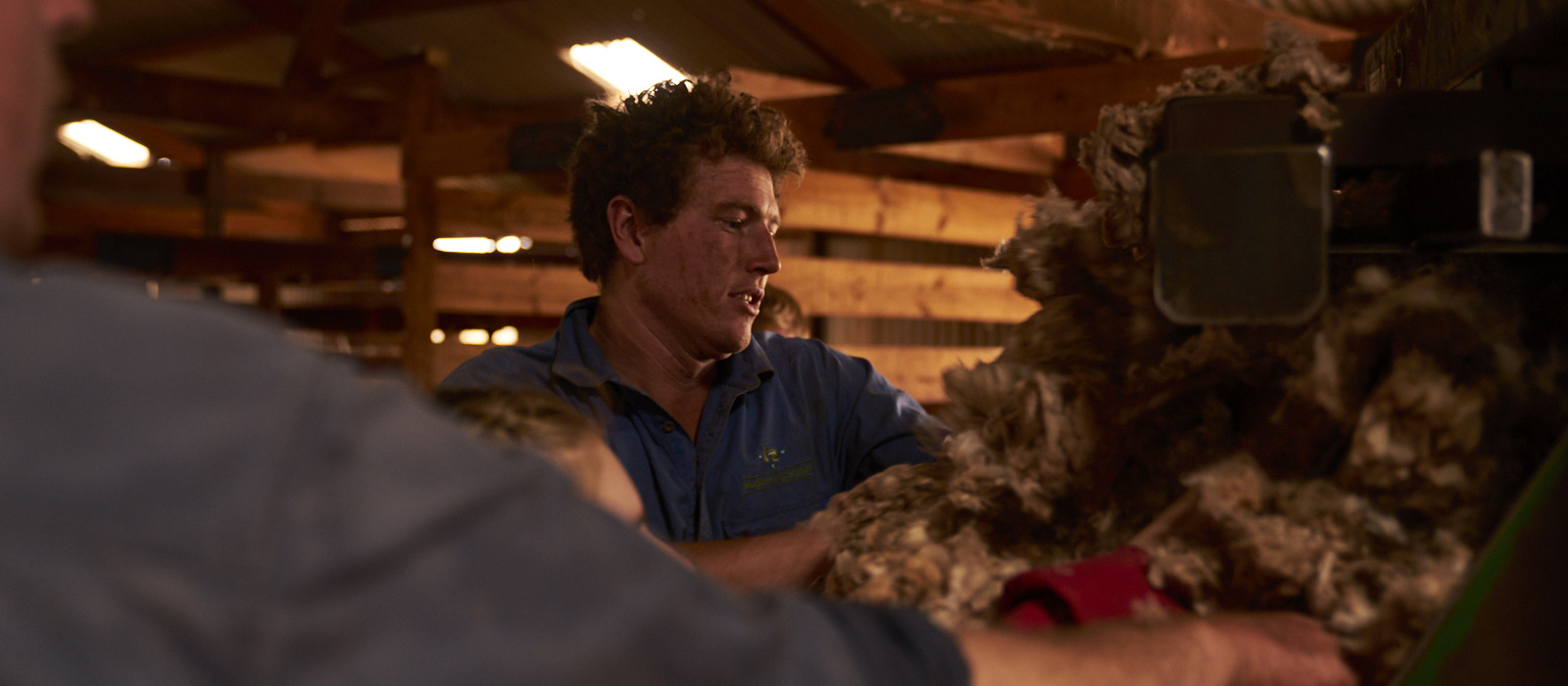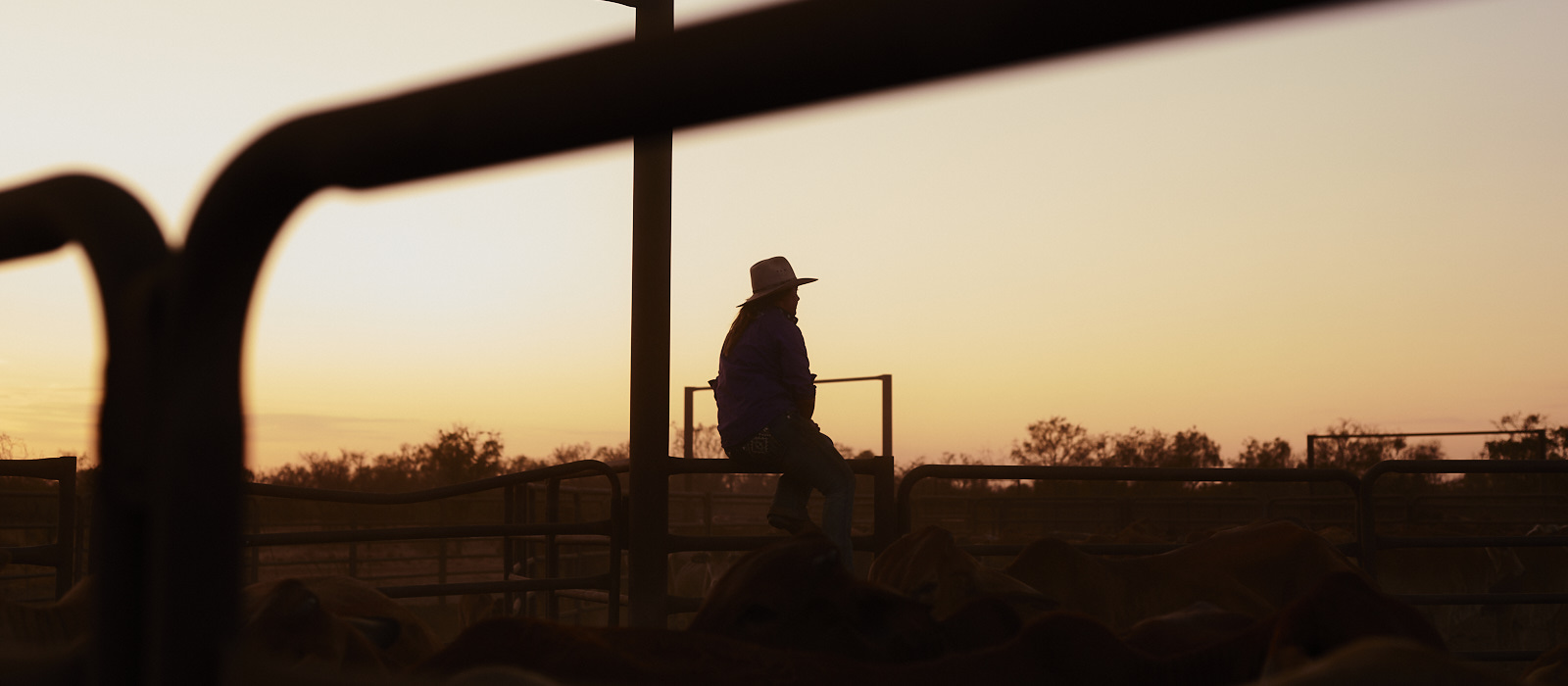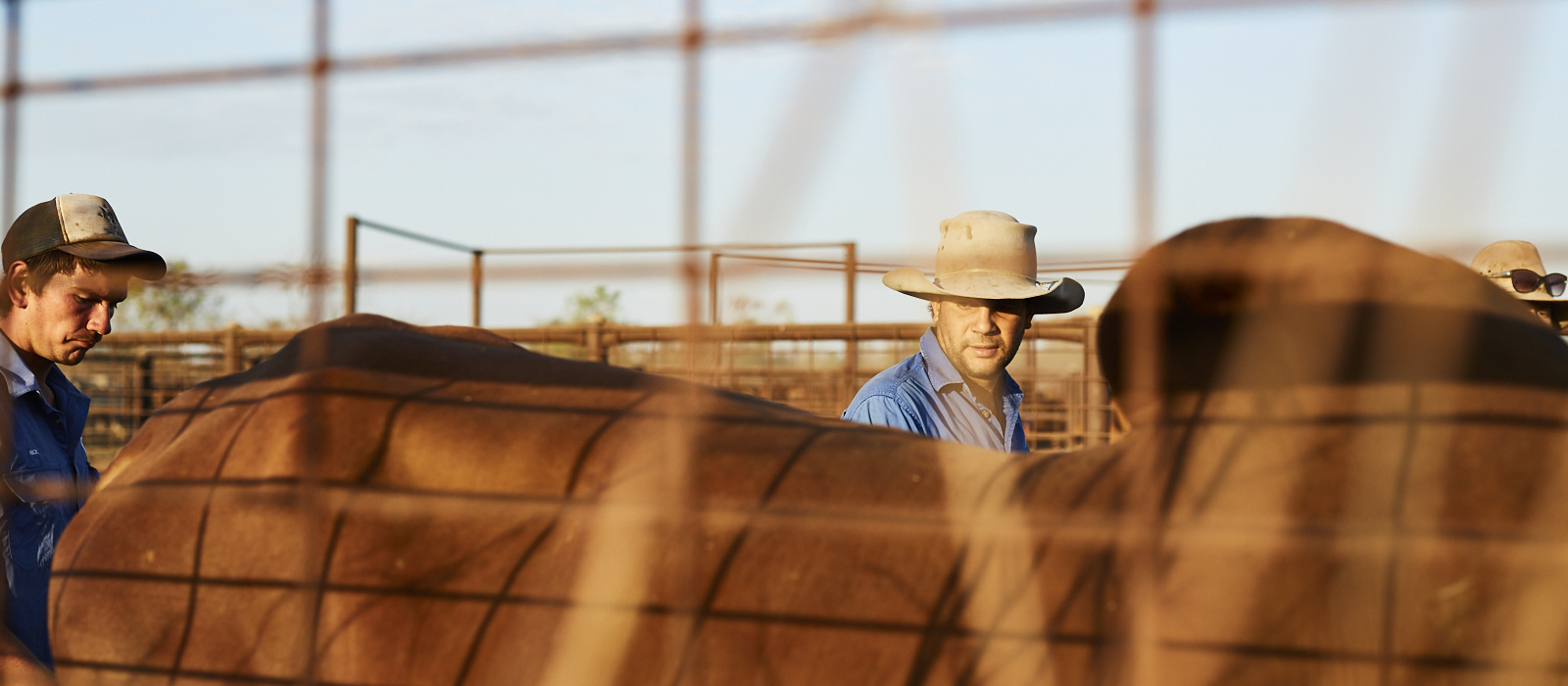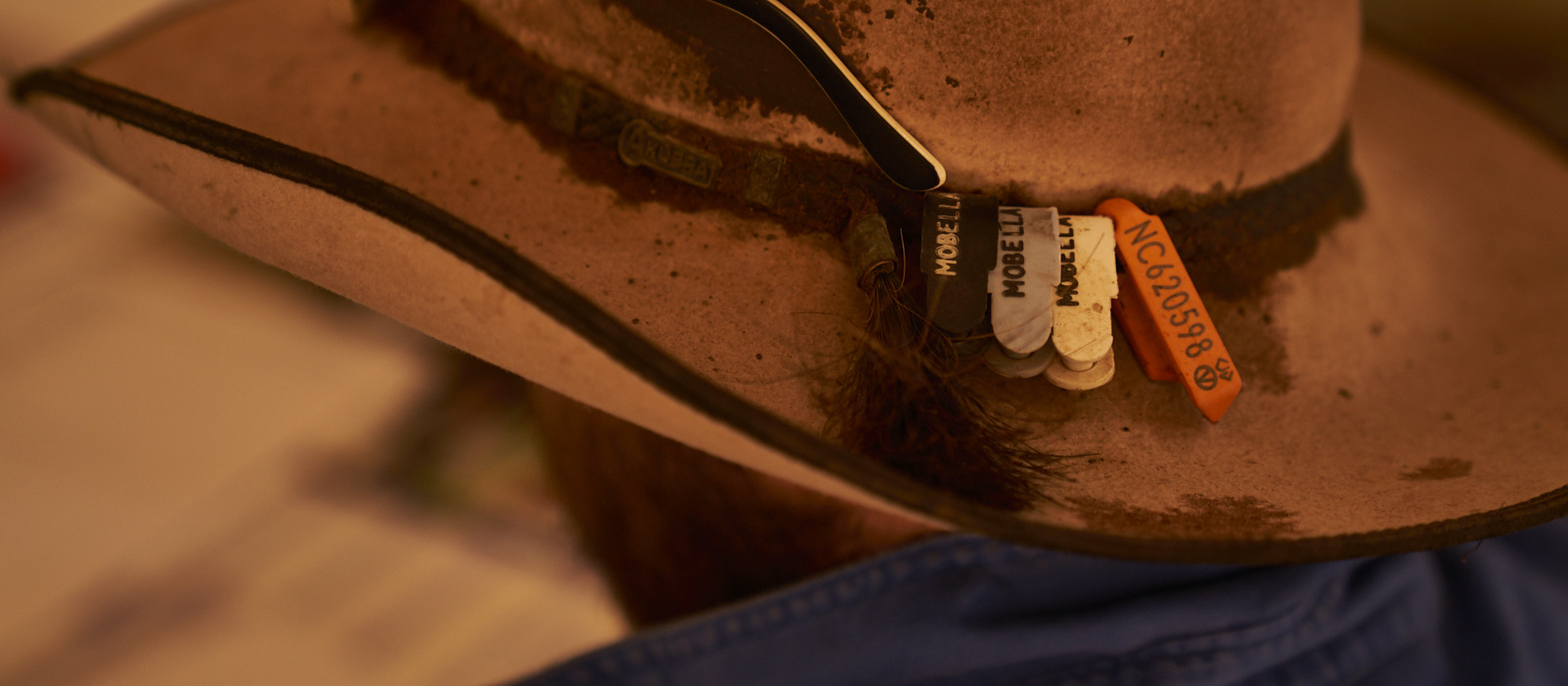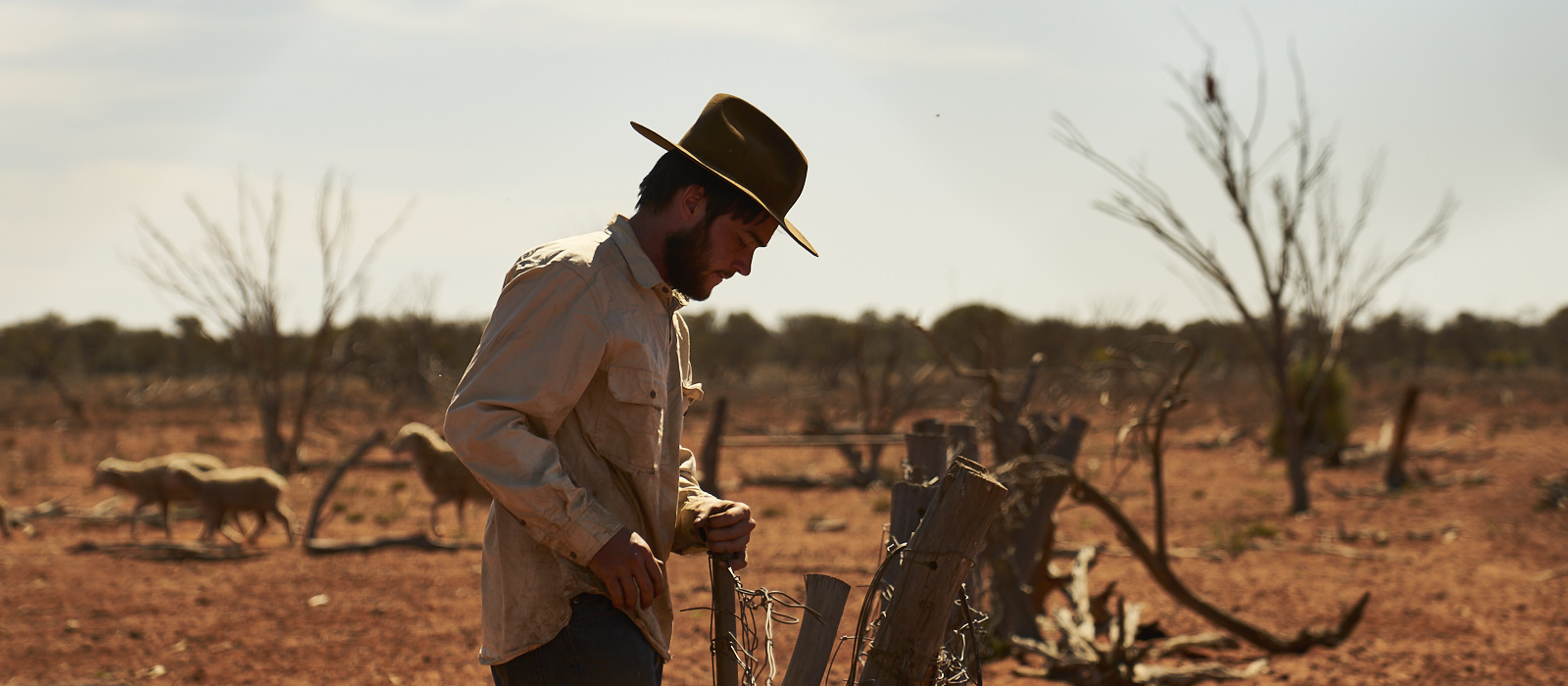Frequently Asked Questions
The questions below are enquired about the most when employees commence working at Jumbuck. If you think of any other questions, please do not hesitate to contact us.
HOW OLD DO I NEED TO BE TO WORK ON A STATION?
The role of station hand will usually suit someone aged 18 to 25 years though of course there can be exceptions.
DO I NEED A DRIVER’S LICENCE OR MOTORBIKE LICENCE?
You don’t need to have a driver’s licence or motorbike licence to work on our stations.
HOW LONG WILL I SPEND WORKING ON A STATION?
Staff employed in a permanent position work in an ongoing capacity without an end date in mind. With the amount of time and energy invested in training, the expectation is a minimum of 12 – 18 months before consideration can be given to transferring to another property. There are many opportunities to build upon your skills, including gaining a trade certificate in Agriculture, promotion to other roles within Jumbuck, or possibly a transfer to another station/role if desired. The cattle stations require a commitment for the season which is usually eight to nine months, with many staff returning each season.
Staff who are employed on shorter term contracts will be advised of the duration of their employment prior to starting.
WHAT SORTS OF THINGS WILL I DO WHILE WORKING ON A STATION?
Work on sheep stations is done on two wheel motorbikes so while bike skills are an advantage, we provide full training to people who demonstrate enthusiasm and a willingness to learn and work hard. Work on the cattle stations is done mostly on horseback with some motorbike use from time-to-time.
Some of the duties you can expect on both sheep and cattle stations include mustering and setting up yards, assisting with various tasks related to the jobs such as ear tagging, earmarking, tailing, castrating, de-horning, catching lambs and putting them in cradles, drafting, branding, applying lousicide/vaccines, etc. You will also assist with loading wool and sale stock onto trucks.
In the quieter times you will also be taught to complete water runs including cleaning, inspection and repairs to troughs, windmills, tanks, and pumpjacks. You would also learn maintenance and repair of engines, motorbikes, vehicles, fences, yards and buildings.
DO YOU EMPLOY BACKPACKERS OR TRAVELLERS ON WORKING HOLIDAY VISAS?
Yes, we often need extra help and employ temporary station hands on our larger sheep stations in WA and SA for the busy periods of lamb marking, shearing and crutching and sometimes we also need a temporary cook or governess. Our station work qualifies for the extra days required for second year visas and many backpackers really enjoy learning so many new skills and the authentic outback experience you can only get working and living on a station. The positions will vary from six weeks to six months depending on what is needed at the time. Single accommodation and meals are available while you are working on the station. Previous experience on a farm is a bonus, though we are happy to provide on the job training as necessary. All you need is a positive and enthusiastic attitude. We usually need temporary workers to coincide with shearing/lamb marking and crutching in January, April/May and August.
CAN I APPLY WITH MY PARTNER/FRIEND/CHILDREN?
While we have facilities available to accommodate families in our senior overseer or manager roles, station hands and other positions only provide for single accommodation. It is very rare that we get two positions available on one station at any one time, however where possible, we will try and place staff on stations in the same region as friends or family if desired. Due to the remote locations of our stations, you are required to reside full time on the station and almost all of the stations are in locations where there are no towns close by. You will accumulate four weeks of annual leave per year and you may be able to have family visit the station occasionally, however, it is unlikely to suit someone with a partner or children at home as there will not be many opportunities throughout the year to visit them while you reside on the station.
CAN I DO WORK EXPERIENCE ON A STATION?
Work experience is something we are very happy to incorporate into the workplace, providing it fits in with the station’s workload and is an official work experience program as part of your schooling or further studies. There are times of the year when work is too busy to allow enough time to take on a work experience student so we have to look at it on a case-by-case basis.
You would need to make your own arrangements to travel to the station you wish to complete work experience on so the best thing to do is to read through the station information available on our site and work out which properties suit you best. Once you have worked this out, please submit an online application and be sure to mark *work experience* under the job title and let us know the dates you are seeking and the station. From there we will contact the station manager to see if work experience may be possible.
CAN I DO VOLUNTEER WORK ON A STATION?
We are unable to accept volunteers unless it is in the form of a formal work experience or a work placement agreement with a school or training organisation due to Workplace Health and Safety and industrial relations requirements.
CAN I BRING MY PETS WITH ME?
Unfortunately, it is generally not possible for staff to bring domesticated pets to live on a station. Most stations have working dogs and if you have a working dog of your own these may be allowed, but it is up to the station manager’s discretion and should be discussed early on in your application.
CAN I BRING MY HORSE WITH ME?
This will depend on the station, so it is best to ask early on in your application if you wish to bring a horse to live on a station with you.
HOW WILL I GET TO THE STATION?
It will depend on the station. For example, on our cattle stations Blina and Meda in the west Kimberley of WA, it is preferred to make your own way to the property. If you are not driving, public transport is available (Greyhound Bus) that will take you close to each of these stations. For Blina and Meda, there is a daily service departing Broome.
Travel to Rawlinna is best done by car which is highly encouraged. Due to its remoteness, it also provides an opportunity to explore the region during your days off. Rawlinna is situated on the Nullarbor, some 400 km east of Kalgoorlie via an unsealed public road. Alternative travel to Rawlinna can be available but is often arranged on a case-by-case basis.
Similarly, travel to Gunbar in NSW is best achieved by driving.
For our properties in the Northwest of SA (Commonwealth Hill, Mulgathing, Mobella and Bulgunnia), a daily Greyhound bus service departs Adelaide and arrives at the Bulgunnia turn off, roughly 110km north of Glendambo.
For McCoys Well and Mount Victor in the Northeast area of SA, the closest town is Yunta and is a comfortable four to five hour drive from Adelaide. Unfortunately in the region, public transport is currently not available so access to the stations is best by vehicle at this time.
DO I NEED A CAR ON THE STATION?
You won’t need a car for work but depending on which station you are headed to, having your own vehicle may be useful as it offers some independence on weekends and time off as well as getting to and from the property. Unleaded and diesel fuel is often available on site and most stations can be driven to in a 2WD though it is best to check beforehand on the condition of the road prior to departure.
I AM TRAVELLING ON PUBLIC TRANSPORT, HOW MUCH LUGGAGE CAN I BRING?
If you are flying to Adelaide before boarding a bus or train to the station be aware that you may be subject to excess baggage charges for carrying your swag. For example, Qantas allow 7kg carry-on luggage and 23kg checked luggage which must conform to size restraints. Check with your airline carrier before you fly and organise to purchase excess baggage before you arrive at the airport as it will be a lot cheaper. Bus and train services generally allow one piece of luggage, so it is best to check with the carrier ahead of time.
Taking a swag is often necessary for working on a station, particularly the larger properties where you may be camped out a lot. It is generally accepted to take one on public transport, though we urge you to speak with your carrier beforehand to confirm.
WILL I HAVE MOBILE PHONE SERVICE WHILE LIVING ON A STATION?
Most stations do not have mobile coverage; some have partial coverage in certain spots. Contact your provider if you are unable to get service as you should be able to end your current contract at no cost due to living outside their service area. Let your friends and family know that they might not be able to contact you via mobile phone. If there is no mobile service on the station, there will be a staff landline that you can purchase credit for and use to contact family and friends.
WILL I HAVE INTERNET ACCESS WHILE LIVING ON A STATION?
All stations except Gunbar and Rawlinna provide Wi-Fi for staff but access may be limited to certain times and places and the service may be very slow in peak usage times. Both Gunbar and Rawlinna receive Telstra service around some parts of the property.
IS THERE A STORE ON THE STATION FOR ESSENTIALS AND DO I NEED TO BRING CASH WITH ME?
Stations have a basic store where essential items can be purchased such as washing powder, soap, shampoo, toothpaste, snacks, lollies, noodles, etc. It is best to bring a supply until you find out what is available or if you only use certain brands/products as they may not be available to be purchased. Any items bought at the station store will be deducted from your wages so you don’t need cash to purchase stores items.
IS THERE A TELEVISION AVAILABLE AT THE STATIONS?
There is television but it will mostly be the two rural channels, the ABC and Imparja. We encourage people to consider bringing your own digital devices with access to movies, music, books and so on.
WHAT WILL I DO IN MY TIME OFF ON A STATION?
Your room is your own when you live on the station so take anything that will help you be comfortable and settle in, as well as provide entertainment for when you’re not working. Things you may like to take to make it feel homely and keep you entertained could include photos, posters, books, games, guitar, harmonica or other musical instruments, electronic devices such as a laptop, tablet or smartphone, footy or soccer ball. Barbecues and other social events such as a game of cricket or footy are regularly organised on the station. Other activities in the local areas may include rodeos and camp drafts, picnic races and agricultural shows, horse races and country dances, fishing and swimming. If you have your own vehicle and are on a station that is close enough, you might be able to explore local attractions.
WHAT WILL I NEED TO BRING TO LIVE ON A STATION?
Below is a list of the essential equipment needed for permanent station hands, you may find other things useful when you have been there a while that you can bring back after holidays or order through the post or store. Backpackers employed for short periods will not need all of these items or may just need less of them. If you’re unsure, just check when you are offered a position.
- Bedding: a single bed is provided but you will need bedding, i.e. a sleeping bag/doona, warm blankets & pillows
- Towel
- 2-3L Camelbak to carry water when mustering
- 5-6L water bottle
- Motorbike helmet, goggles and gloves for sheep stations
- Horse riding helmet, riding boots, saddle bag & hobble belt for cattle stations
You will need cool clothes for summer and warm clothes for winter…
- 3-4 pairs of jeans or work pants
- 3-4 work shirts preferably cotton with long sleeves and pockets
- 2-3 pairs work shorts and short sleeved shirts if desired
- Work boots – ideally elastic sided, comfortable and with a secure fit (not steel capped)
- Work socks – bamboo seem expensive but you’ll get your money’s worth
- Jumpers: work and casual
- Wide brimmed hat & beanies/balaclavas
- Waterproof jacket
- Casual clothing and shoes to wear to BBQ and night meals
- Bathers and towel for swimming in summer
Extras…
- Sunglasses for work and sunscreen
- Torch and spare batteries
- Battery operated alarm clock and spare batteries
- Pocket knife
- Compass
- Insect repellent
- Small First Aid kit including painkillers/band-aids/antiseptic cream etc.
- Pegs & washing powder
- Pocket notebook and pens
- Sewing kit with needles, buttons and cotton
- Personal hygiene items such as shampoo, conditioner, soap, toothbrushes, toothpaste, razors, comb, moisturiser etc.
WHAT SORT OF CLOTHING WILL I NEED AND IS THERE A UNIFORM OR SPECIFIC BRAND?
There is no uniform or specific brand of clothing however, once you have been on the station a while and chatted with other staff you may find brands like R.M Williams are a popular choice. When you first start, op shops can be a great place to find cheap work clothes as your clothes are going to get dirty from sweat, grease, mud, oil, rain and so on. It is helpful to have long sleeved shirts with pockets that have button down flaps. This will keep a pocket notebook and pen secure so they will not fall out and also keep the sun off your arms and neck.
A well-fitting, good quality pair of elastic sided work-boots are essential and consider you will be on your feet a lot when making a purchase. With some boots, they will need to be worn in, so factor that in before you start work. Likewise, with pants, make sure they fit well as loose clothing can rub on your skin and chafe and be a danger around machinery.
DO I NEED TO BUY A MOTORBIKE HELMET AND WHAT SORT SHOULD I BUY?
Helmets are compulsory and must be done up securely at all times whilst riding on motorbikes. While the company provides spare helmets for short term workers such as backpackers, if you are permanent you will need to purchase your own. This way you can ensure a comfortable fit, but more importantly maximise safety whilst getting a style and type of helmet that suits you. White helmets are the preferred colour as they are cooler and are more visible for pilots during musters that have aerial support where pilots can spot stock on the ground and coordinate the workers on motorbikes to the location of the stock. It is also recommended you bring gloves and goggles but these are not essential.
DO I NEED TO INSURE MY PERSONAL BELONGINGS?
If you have lived in a rental house, you would know that your possessions are not covered for loss or damage under the landlord’s insurance policy. It is the same on the stations. If you have valuable items with you, then you are strongly encouraged to arrange personal insurance on your possessions.

